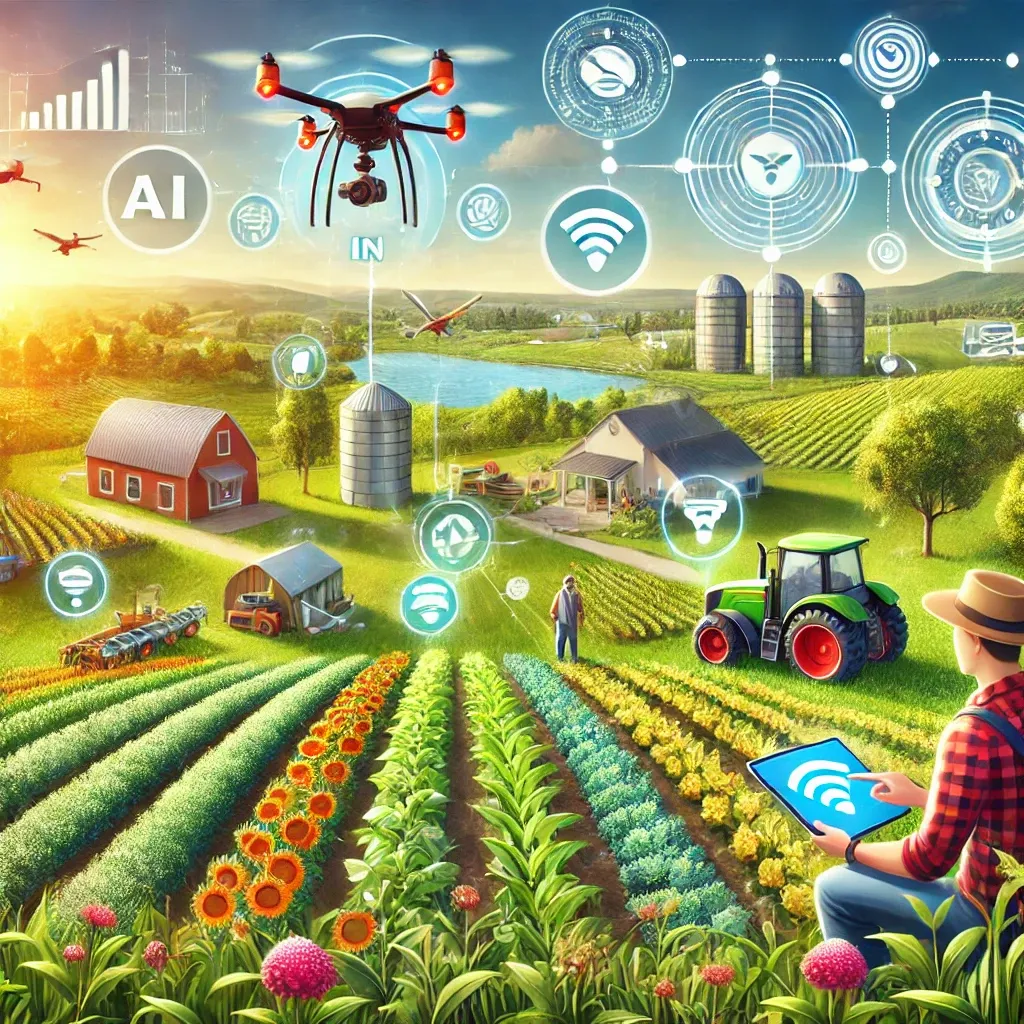At this year’s Tech Hub LIVE 2025, Bayer Crop Science offered a rare glimpse into the development of **E.L.Y.**, a generative AI tool designed not for broad consumer use, but specifically for the nuanced needs of agronomists and farmers. In a fireside chat with *CropLife*’s Lara Sowinski, Tami Craig Schilling, Bayer’s Vice President and Agronomic Digital Innovation Lead, traced the tool’s origins to a simple but persistent problem: the gap between the wealth of agronomic data available and the ability to deliver it in a timely, actionable way.
Craig Schilling’s perspective is shaped by decades in agriculture—35 years working directly with retailers, seed dealers, and growers—coupled with her experience as a farmer’s wife. That dual lens revealed a critical friction point: while information on products, chemistry, and field conditions exists, distilling it into region-specific, decision-ready insights remains a hurdle. “A farmer makes hundreds of decisions a year,” she noted. “The challenge isn’t the volume of data—it’s surfacing what’s relevant for a specific field, at the right moment.”
The solution wasn’t another off-the-shelf AI model. Bayer’s team, constrained by corporate funding cycles and limited internal tech bandwidth, opted to build **E.L.Y.** (an acronym for *Enhancing Local Yields*) as a lightweight, agronomy-focused language model. Unlike generalist AI tools, E.L.Y. is trained on Bayer’s proprietary datasets—product labels, trial results, regional agronomic guidelines—and fine-tuned to answer hyper-specific questions, like optimal application timing for a herbicide in humid conditions or compatibility between seed treatments and soil types.
**Why a bespoke model?**
The answer lies in trust. Agronomy isn’t just about data—it’s about *context*. A misapplied recommendation can mean lost yield or regulatory risk. By restricting E.L.Y.’s training to vetted Bayer sources, the team mitigated the “hallucination” risks plaguing broader AI models. “Farmers and agronomists need answers they can act on without second-guessing,” Craig Schilling said. Early pilots suggest the tool cuts the time spent hunting for information by up to 40%, freeing agronomists to focus on field-level problem-solving.
**The bigger picture**
E.L.Y.’s rollout reflects a shift in ag tech: away from monolithic platforms and toward **specialized, role-based tools**. Bayer isn’t alone in this approach—companies like Syngenta and BASF are also testing AI assistants tailored to their product ecosystems. But E.L.Y.’s farmer-first design (its name nods to Craig Schilling’s husband, Ely, a fifth-generation farmer) underscores a critical insight: the most useful innovations often emerge from lived experience, not just lab experiments.
For now, E.L.Y. remains an internal tool, deployed to Bayer’s agronomy and sales teams. But its development signals where ag tech may be headed: **smarter, narrower, and deeply embedded in the workflows of those who use it daily**. As Craig Schilling put it, “The best technology disappears into the background—because it’s solving real problems, not creating new ones.”

